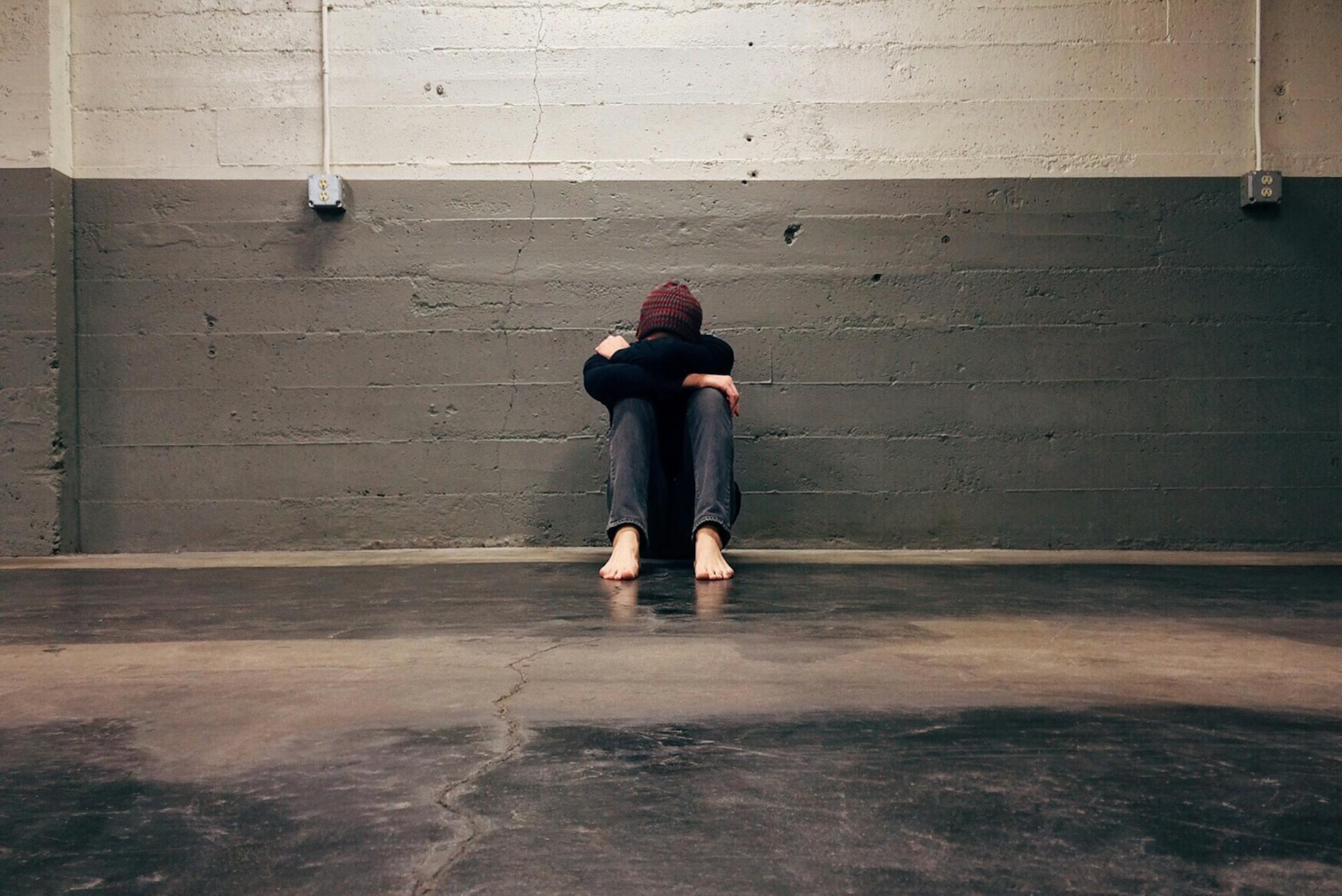Dear Dania,
I’ve recently realised that there are many deep sources of shame, rooted in my childhood, that are influencing how I live my life as an adult. Thinking about it makes me incredibly sad and angry, but I do want to deal with this and live a fuller life. How can I begin to heal when approaching the topic gets me so emotional?
Best,
Julian*
Dear Julian*,
Thank you for your letter.
I am sorry to hear about the role that shame has played in your life. That must have been a very difficult realisation to come to terms with. I understand how eager you must be to explore the toxic waste left behind by shame, but I would suggest that you proceed with caution. This is clearly a very sensitive subject, so perhaps we can try to figure out a way for you to safely swim in this particularly frightening pool.
Have you heard of the term “toxic shame”? Even though you haven’t alluded to having self-esteem issues or self-loathing tendencies, I suspect that you may have struggled with both. These are some of the side effects of being bitten by this particular serpent. Perhaps you struggle with depression or anxiety as well? You see, when the venom spreads in childhood, it can have long-term implications on how you view yourself. We inadvertently reject certain parts of ourselves because we believe them to be defective. Without taking the antivenom, we let the “ugly” fragments disappear. Unfortunately by doing so, we are not being true to ourselves and will struggle to reach a place of self-acceptance. So how do we bring those parts back to life and integrate them with the rest?
Perhaps you could try the following:
- Be kind – this is important. Please practice self-compassion and self-forgiveness. Recognise that nobody is perfect. We all have flaws and we all have parts of ourselves that we aren’t particularly fond of. That is okay. Celebrate the good about yourself, but don’t ignore the bad and the ugly. Let the lost pieces of you be part of the whole.
- Connect to your inner child. What could you say to that version of yourself that felt hurt and ashamed? Could that little child be reassured of their worth? That they’re going to be loved for who they are? That you’re always going to be there for them? You could this by visualising talking to a younger version of yourself, by writing to the child or even painting/drawing!
- Do some CBT. What are some of the things you feel ashamed about? Write them down. Try to identify where they stem from and then see if you can come up with other perspectives or more positive ways of thinking. For example:
- Thing I am ashamed of – “I feel ashamed about my emotional side. I’m too emotional.”
- Where does this thought come from? – “Well, my parents shamed me for having emotional outbursts.”
- Is there any evidence that would suggest that I am too emotional? – “The only proof I have is what my parents used to say to me but it’s not conclusive. It was just their opinion and opinions are not facts. Maybe I seemed that way to them because they were different to me and would hide their emotions?”
- What is another way of looking at the situation? – “I used to have emotional outbursts because my feelings were invalidated. I didn’t feel heard. Now that I am aware of this, I can communicate my needs clearly. Plus there is nothing wrong with expressing how we feel, as it allows us to connect with our loved ones, process our emotions, clearly state our boundaries and it improves communication.”
- Read some affirmations.
- Pull on your ear when you are sitting with the uncomfortable emotions, and imagine a siren going off. All you hear is “Shame!Shame!Shame!”. The siren is there to help you acknowledge the emotions but also to remind you that shame is just a feeling. It can pass. Please read Healing the Shame that Binds You by John Bradshaw for more information.
- Surround yourself with people that appreciate you for YOU, warts and all.
- Explore root causes/trauma with a therapist, but make sure that you go at your own pace.
If all of this proves to be too difficult at the moment, please don’t force yourself. It may be that you’re not ready to lift this particular heavy weight. And that’s okay. After all you can’t lift too much too quickly – you have to work your way up to heavier weights slowly.
For more information/tips please click here or alternatively you may want to consider seeking professional help, as per my final recommendation above.
I wish you all the best.
Your sincerely,
Dania
Dear Dania is for informational purposes only, Always seek the advice of a mental-health professional, or other qualified health practitioners with any questions you may have regarding a medical condition. We may edit your letter for length and/or clarity.
*The author’s identifying details have been changed in order to protect their privacy.




